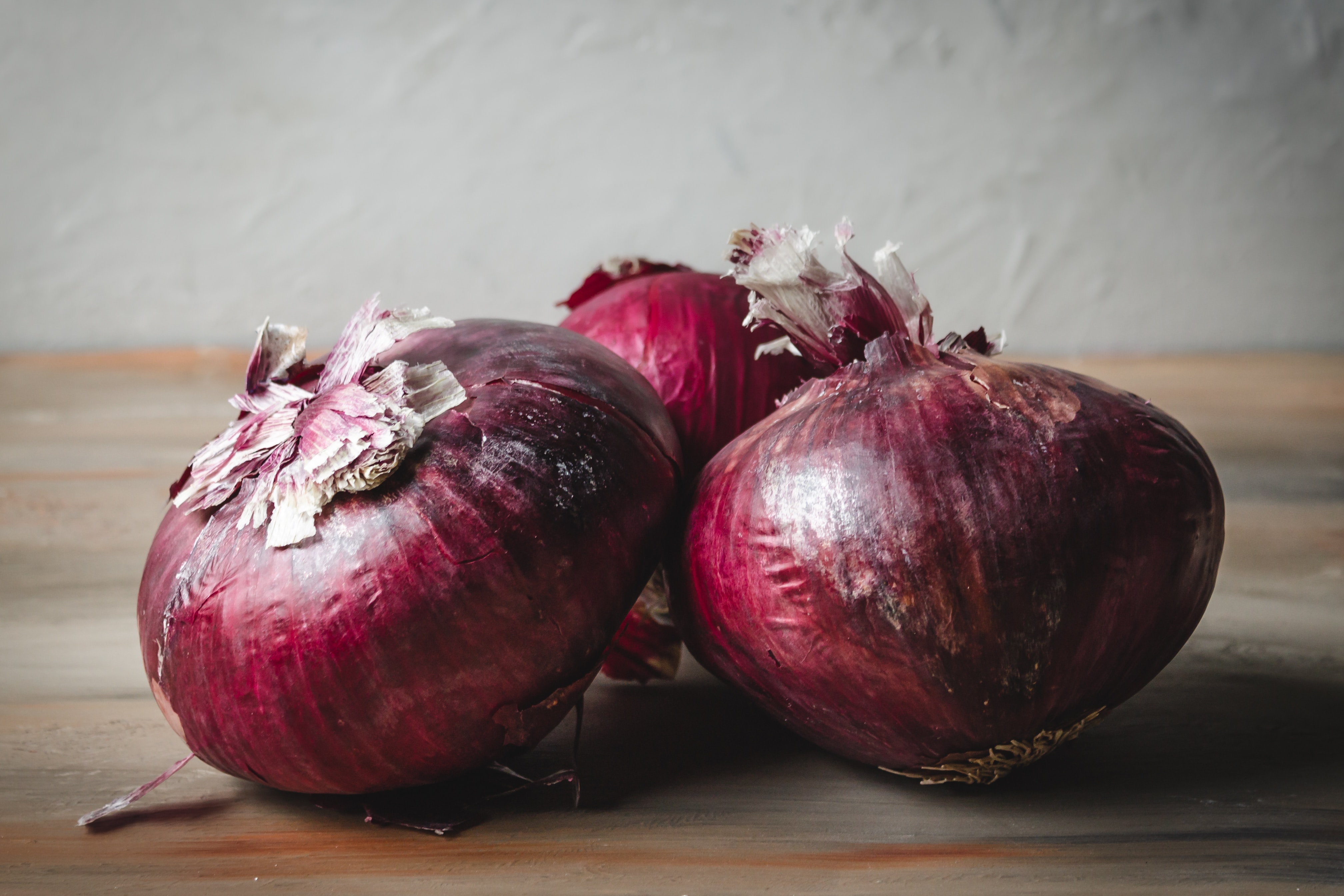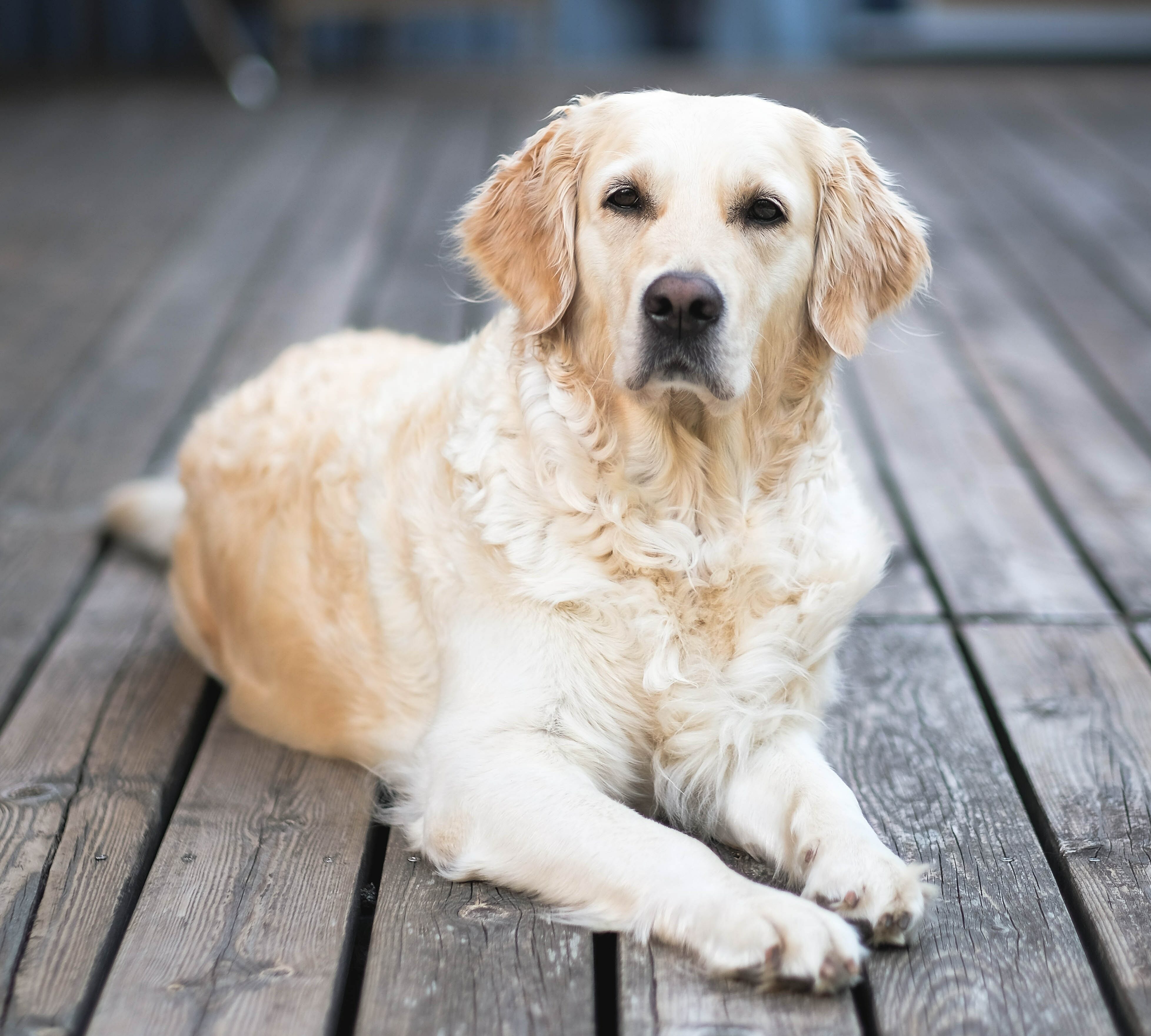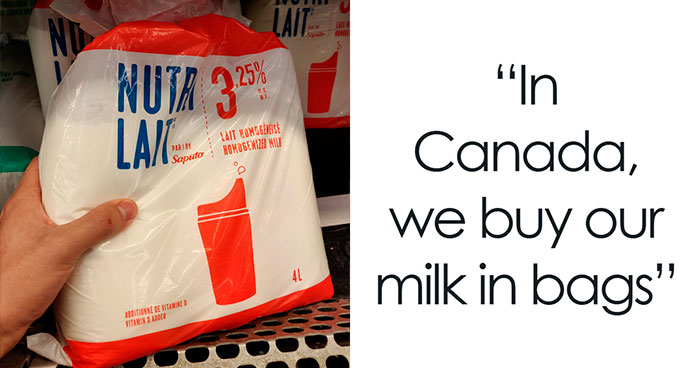
Can Dogs Eat Onion? Understanding Onion Toxicity and Its Risks
It’s the weekend and your family is enjoying a lovely onion casserole, French onion soup, or maybe even some onion rings. But what happens if your pup has accidentally gotten into some of the onions? This is more serious than just a case of onion breath for your dog. Onions are toxic for dogs and can cause anemia. In this article, we will discuss everything you need to know about onion poisoning in dogs including symptoms, treatment, and how to prevent it.
- Onions are toxic to dogs, causing anemia and oxygen delivery issues.
- All parts and forms of onions (cooked or raw) are poisonous to dogs.
- Symptoms of onion toxicity in dogs can take days to develop after ingestion.
- There's no antidote; treatment includes induced vomiting and supportive care.
The information provided herein is for informational purposes only. Please refer to our disclaimer for more details..
- Can Dogs Eat Onions?
- What Parts or Forms of Onion Are Toxic to Dogs?
- Will a Little Bit of Onion Hurt My Dog?
- Symptoms of Onion Toxicity in Dogs
- Diagnosing Onion Poisoning in Dogs
- Treating Dogs with Onion Poisoning
- How to Prevent Onion Toxicity in Dogs
- Safe Vegetables You Can Feed Your Dog
- Other Common Human Foods That Are Toxic to Dogs
Can Dogs Eat Onions?
Image credits: Quin Engle
No, dogs cannot eat onions as they are toxic to dogs. Onions belong to the Allium species. Other members of the allium species include garlic, chives, shallots, green onions, and leeks, all of which are poisonous to dogs. In fact, garlic is 3 to 5 times more toxic to dogs than onions.
Onion toxicosis results in hemolytic anemia. Onions contain sulfur oxidants which cause hemolysis (destruction of red blood cells). This results in anemia (decreased red blood cell count). Ultimately, this means oxygen delivery to the tissues in the body is hindered.
Although we are discussing onion toxicity in dogs, it should also be mentioned that cats cannot eat onions. Onions are actually more toxic to cats than dogs because cats are 2 to 3 times more sensitive to the oxidative damage caused by onions.
What Parts or Forms of Onion Are Toxic to Dogs?
Both raw and cooked onions are poisonous to dogs. Additionally, all parts of the onion plant are toxic to dogs. This means exposure can occur even if your dog nibbles on some onion leaves or licks the juice. However, toxicosis is more common when dogs ingest onion in concentrated forms. Examples of concentrated onions are dry onion soup mixes, onion powder, or dehydrated flakes. Note that some dietary supplements also contain onion.
Ideally, your dog should not be eating human food. But because onions can be an ingredient in so many things, it is a good idea to check the food labels for onions if your dog accidentally gets into any table scraps.
Will a Little Bit of Onion Hurt My Dog?
Image credits: Max Sandelin
Toxicity can occur if your dog eats a large quantity of onions all at once or if he eats smaller amounts repeatedly. Like with all toxicities, the severity of poisoning will depend on the dose.
Onion toxicity can occur if a dog consumes as little as 15 to 30 grams per kilogram of body weight. This would be equivalent to a 10-pound dog eating approximately one small onion, which is about 125 grams. Therefore, even a small amount of onion can be harmful depending on the size of your dog. And remember, onion powder and flakes are much more potent than cooked or raw onions.
Symptoms of Onion Toxicity in Dogs
In some cases, owners will witness their dogs ingest onions. Alternatively, you may suspect your dog has eaten onions if onions have been in the environment and his breath smells like onions. This is actually ideal because you can seek immediate treatment from your veterinarian.
But if you do not directly observe your dog ingesting onions, you may not realize anything is wrong for a while because it usually takes a few days for symptoms to develop. Once present, signs of onion poisoning in dogs may include:
• Depression or lethargy
• Decreased appetite
• Diarrhea
• Increased breathing rate
• Elevated heart rate
• Weakness or exercise intolerance
• Yellow mucous membranes (e.g. gums, eyes)
• Orange to red urine
• Collapse
• Death in severe cases
Diagnosing Onion Poisoning in Dogs
If you suspect that your dog has eaten onions or something containing onions, contact your veterinarian immediately. It may also be helpful to call the Pet Poison Helpline at (855) 764-7661. This is a 24-hour helpline where a veterinary professional will help determine whether your pet can be monitored from home or if he needs immediate treatment from your veterinarian. If the Pet Poison Helpline determines treatment is needed, they will work with your veterinarian to formulate an appropriate treatment plan. Please note that this helpline requires a fee.
Your veterinarian will first evaluate your dog’s history and clinical signs. She will then likely recommend bloodwork to look for Heinz-body hemolytic anemia. Depending on the severity of your dog’s symptoms, your vet may recommend additional diagnostic tests throughout the visit.
Treating Dogs with Onion Poisoning
Unfortunately, there is no specific antidote for onion toxicity in dogs. Therefore, treatment for onion toxicity in dogs consists of early gastrointestinal decontamination, intravenous fluids, and supplemental oxygen or blood transfusions in severe cases.
If the onion ingestion is recent enough, your veterinarian will likely try to induce vomiting to remove any remnants of the onion source in the stomach. Your vet may then administer activated charcoal to absorb any remaining toxins in the gastrointestinal tract.
IV fluids are typically administered to help protect the kidneys. Intravenous fluids are also indicated if your dog has experienced fluid loss from vomiting or diarrhea associated with the onion poisoning. In severe cases of onion poisoning, some dogs may need supplemental oxygen or blood transfusions.
Your veterinarian will likely monitor your dog’s bloodwork for several days following onion ingestion since it typically takes a few days for anemia to develop.
The prognosis for onion toxicity in dogs depends on how much onion a dog has eaten, the severity of anemia, and how early treatment is started. But in general, the prognosis is usually good with early intervention.
How to Prevent Onion Toxicity in Dogs
Although dogs typically recover well from onion poisoning with early intervention and care, onion poisoning can be fatal in severe cases. That’s why the best strategy is prevention of toxicity in the first place.
Since so many human foods contain onion or onion powder, it is best to avoid feeding your dog human food altogether. Stick to feeding your canine companion food and treats specifically labeled for dogs.
When you are preparing and cooking food, keep your dog in a separate room so they cannot eat any fallen onions or other members of the Allium species. It is also a good idea to keep your dog in a separate room when you and your family are eating to keep your dog safe from onions and other table scraps that may drop on the floor.
Make sure food and ingredients are stored securely. Consider using child-proof containers to store onion and garlic powders in a secure pantry. Ingredients should also be clearly and properly labeled, especially if they contain ingredients that are toxic for dogs.
Safe Vegetables You Can Feed Your Dog
Although we as humans find onions and garlic tasty, these are not appropriate or safe for our dogs. Although not necessarily toxic to dogs, you should also avoid feeding vegetables like broccoli, cauliflower, and cabbage since these can cause excessive gas, which can lead to other issues.
So what vegetables can dogs eat? Some safe and healthy vegetables you can offer your dog as treats include carrots, green beans, and cucumbers.
Other Common Human Foods That Are Toxic to Dogs
So we have established that onions are bad for dogs. But what other human foods are dangerous for your dog?
Examples of common human foods that are poisonous to dogs:
• Chocolate: The main toxic components of chocolate are caffeine and theobromine. In addition to vomiting and diarrhea, chocolate poisoning in dogs can cause an abnormal heart rate and rhythm, seizures, and even death.
• Grapes and raisins: Ingestion of even a very small amount of grapes or raisins can cause severe, acute kidney failure, which can be fatal. The exact toxin in grapes and raisins has still not been identified. But products containing grapes or raisins should be avoided at all costs, including grape juice and baked goods.
• Xylitol: Xylitol is a common ingredient found in many sugar-free products. If ingested, xylitol can cause life-threatening hypoglycemia (low blood sugar) and acute liver failure in dogs.
These blatant advertorials would be a lot less obnoxious if they weren’t dumped in bulk onto the page.
Yes, like six in a row some days! Stop with them altogether! I like dogs, but would not take any medical advice from a humorous site!
Load More Replies...These blatant advertorials would be a lot less obnoxious if they weren’t dumped in bulk onto the page.
Yes, like six in a row some days! Stop with them altogether! I like dogs, but would not take any medical advice from a humorous site!
Load More Replies...
 Dark Mode
Dark Mode 

 No fees, cancel anytime
No fees, cancel anytime 



























-4
2